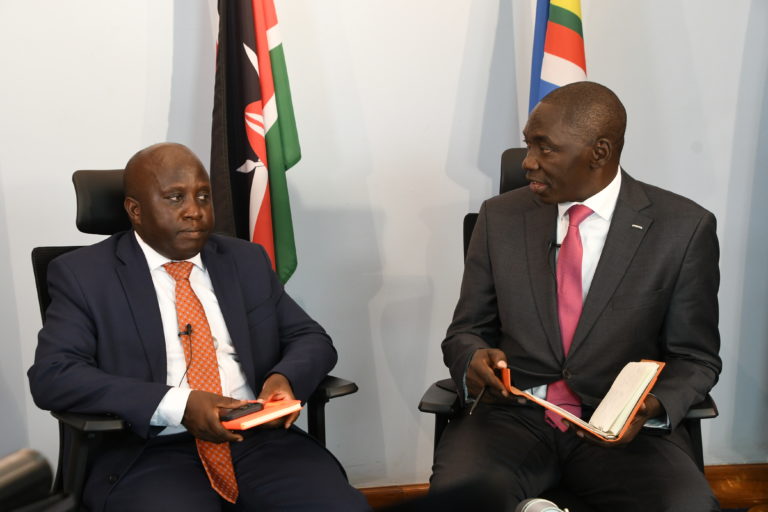Konza Technopolis Development Authority (KoTDA) Chief Executive Officer (CEO), Eng. John Tanui, said that the vertical infrastructure incorporates the roads, water, electricity, solid waste system, and all the other amenities for a city and they have constructed them in world class standards to ensure that the infrastructure is futuristic, resilient, sustainable and able to be a model for other developments in the country and regionally.
“We have some of the latest world class infrastructure at Konza, when we talk about roads, we are talking about streetscapes where we have additional facilities including cycling lanes, green spaces, allocation for things such as internet cables, water pipes, waste water among others,” said Tanui.
Speaking Monday during the SemaNaSpox zoom discussion, Tanui said that in the sewerage management, they have the latest technology which is called waste water reclamation facility, which collects all the waste, treats it and reclaims over 95 percent of the water for re-use because Konza is a water scarce location.
“We have one of the first solid waste management system in the region, where waste is separated at source and using an automated vacuum system you collect the solids to one location, you separate it and you can take it to the next process of recycling,” said Tanui.
“We have a research institute currently under construction in partnership with the Ministry of Education. The institute will have students at masters and PHD levels and this will position Kenya as a regional hub for research and innovation,” said Tanui.
He highlighted that the Authority is working with the Ministry of Energy to put-up the 700 Mega Volt Ampere (MVA) power substation, which is meant to supply enough power to support manufacturing at Konza.
“The Technopolis is expected to contribute at least 2 percent of our GDP, currently our GDP is estimated to be 100 billion dollars and we are looking at Konza to contribute at least two billion dollars to the economy yearly,” he said.
He explained that Konza is geared towards creating job opportunities dubbed (knowledge workers) and in Phase One they are looking at creating 17,000 jobs in high skilled labour and technology with other indirect job opportunities.
By Fred Azelwa.
